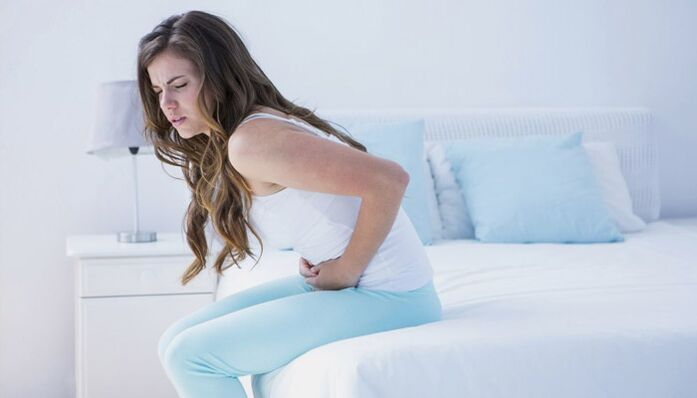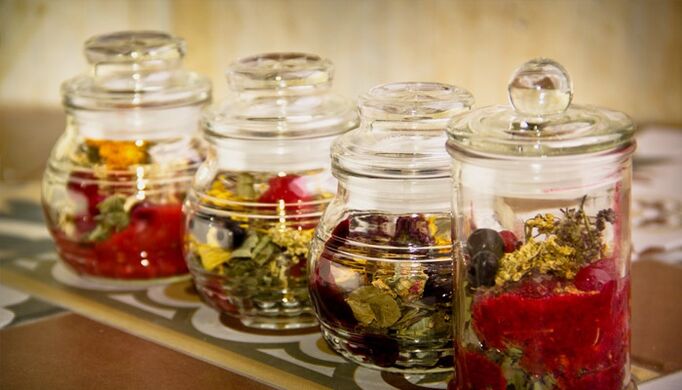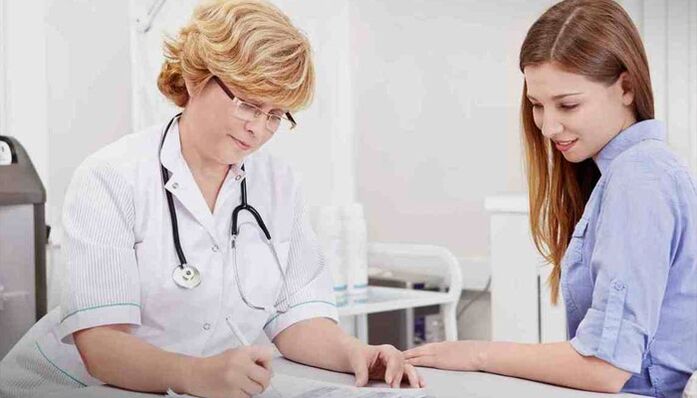It is difficult to confuse cystitis with other diseases. A pulling sensation in the lower abdomen, frequent urination, and a burning sensation in the ureter, are familiar to many women. Women are more prone to bladder inflammation than men due to the anatomy of the organ. The female urethra is wide and short, making it prone to infection.
Treating Cystitis in Women at Home

The disease is caused by pathogenic microorganisms: Staphylococcus aureus or Escherichia coli. They penetrate the urethra into the bladder, causing inflammation. Cystitis begins in an acute form: every 15-20 minutes, women experience the urge to urinate, pain, a burning pain in the lower abdomen. With hemorrhagic cystitis, blood is found in the urine and the body temperature rises. If the disease is not treated, inflammation can become chronic over time and persist for years or a lifetime.
To cure cystitis in women, you need to get tested and then determine the cause. Usually, after a lab test, a doctor prescribes a course of antibiotics, herbal remedies, and antispasmodics. During the treatment of cystitis, women are advised to:
- Drink plenty of water and Chinese herbal decoction to quickly "wash out" the pathogenic flora in the bladder;
- observe bed rest;
- Strictly control the purity of the genitals;
- Sit in warm water and use herbal decoctions to remove acute pain;
- Remove fried, fatty, spicy foods, alcohol, coffee from your diet;
- Eat low-fat dairy products, vegetables, and fruits.
Cystitis antibiotics
Antibiotics are needed to kill the infection. Pills are prescribed for women to treat bladder inflammation after the pathogen is definitely established. Antibiotics from cystitis are divided into 3 groups:
- tetracycline.
- penicillin.
- Sulfonamide.
The duration of the course of treatment depends on the form and course of the disease, and the treatment lasts no more than a week. If women take antibacterial drugs for a long time, side effects in the form of gastrointestinal violations may occur. Antibiotics should be used with caution in patients with diabetes, pregnancy, menopause, and lactation.
Botanicals
What else can treat cystitis in women? Herbs are effective. These medications reduce pain and cramping in women with cystitis and urethritis. Cystitis tablets containing cranberry extract prevent the reproduction of pathogens on the surface of urothelial cells due to the high content of proanthocyanidins.
antispasmodic
To effectively treat cystitis in women and girls, doctors use antispasmodics. These include medications that can relieve muscle spasms in internal organs. When the painful recurring cramps pass, the woman feels relieved. This group of drugs relieves symptoms of frequent urination by relaxing the sphincter muscles. The advantage of antispasmodics is that it is fast, but the disadvantage is that there will be side effects such as dizziness, drowsiness, and drowsiness during the treatment.
Home remedies for cystitis
Worsening of cystitis in women requires antibiotics. For antimicrobial therapy, you can add folk remedies with diuretic, anti-inflammatory, enveloping effects. Comprehensive treatments for the genitourinary system include bilberry or cranberry juice, kidney tea, herbal infusions, decoctions, fees.
herbal remedies for cystitis
Chronic inflammation of the bladder can be treated with a decoction of medicinal plants. Common herbs for cystitis are bearberry, chamomile, St. John's wort, bilberry leaves, and yellow water lily roots. They are readily available at pharmacies, brewed like regular tea, and then drank on a regular basis. To prevent this disease, herbal treatments can be performed daily for a month.
Another good traditional remedy for bacterial cystitis is a medicinal infusion of dill. Grind the seeds of the plant into flour and add 1 tsp. Brew 200ml with boiling water, let it sit for an hour, and drink with the precipitate. Do this every morning on an empty stomach for a week. This method will help women get rid of urinary incontinence on their own.
diet for women with cystitis
When acute inflammation of the bladder occurs, a woman's first priority is to increase the flow of urine from the organ. Causing this will help to include low-salt, alkalizing foods in the diet. Also, you should drink plenty of water. During illness, you should eat less than four to five times a day. During an acute attack of cystitis, even before you talk to your doctor, you may want to increase the flow of urine by:
- Drink at least two liters of plain water every day;
- drink a few cups of green tea;
- Drink herbal soup on a schedule: 1/2 cup every 4 hours.

At the first manifestation of the disease, exclude from your menu products that cause bladder irritation: bacon, marinades, sweet pastries, candy, coffee, strong tea, seasonings, spicy dishes, pungent spices. Instead, it is recommended to prioritize a lacto-vegetarian diet, in which the combination of protein, fat and carbohydrates is optimally adjusted. List of products used to treat cystitis:
- fresh vegetables and fruits;
- boiled beets;
- dairy products;
- cooked meat or fish;
- Vegetable soup without meat or fish stock.
How to treat cystitis during pregnancy
Women carrying or nursing babies should be careful to numb any inflammation. Unfortunately, in the context of weak immunity, the exacerbation of cystitis in pregnant women is a common phenomenon. Taking pills, ointments, suppositories or folk remedies independently on the advice of a friend may have adverse consequences.
Contact your doctor immediately at the first sign of an acute recurrence or frequent urination. Taking into account the form of cystitis, the duration of the pregnancy, specialists will prescribe antibacterial, anti-inflammatory and antispasmodic medications to help reduce symptoms in each case.
How to cure chronic cystitis
Even with the current level of medical development, no doctor can guarantee a complete cure for chronic cystitis in women. Bladder colds are not cured once, because the inflammation recurs after hypothermia, prolonged nervousness, prolonged use of tampons, or sexual intercourse. In addition to medication, for disease prevention and treatment, it is also important to switch to a healthy lifestyle that does not drink alcohol, smoke, and provide proper nutrition.

Which doctor should I contact for cystitis?
Most women with symptoms of cystitis rush to see a gynecologist. You should know that urologists deal with inflammation of the urogenital system. This is a male doctor's message is a myth that takes root in the crowd. For a correct diagnosis and more effective treatment, women should complain to a urologist.





























